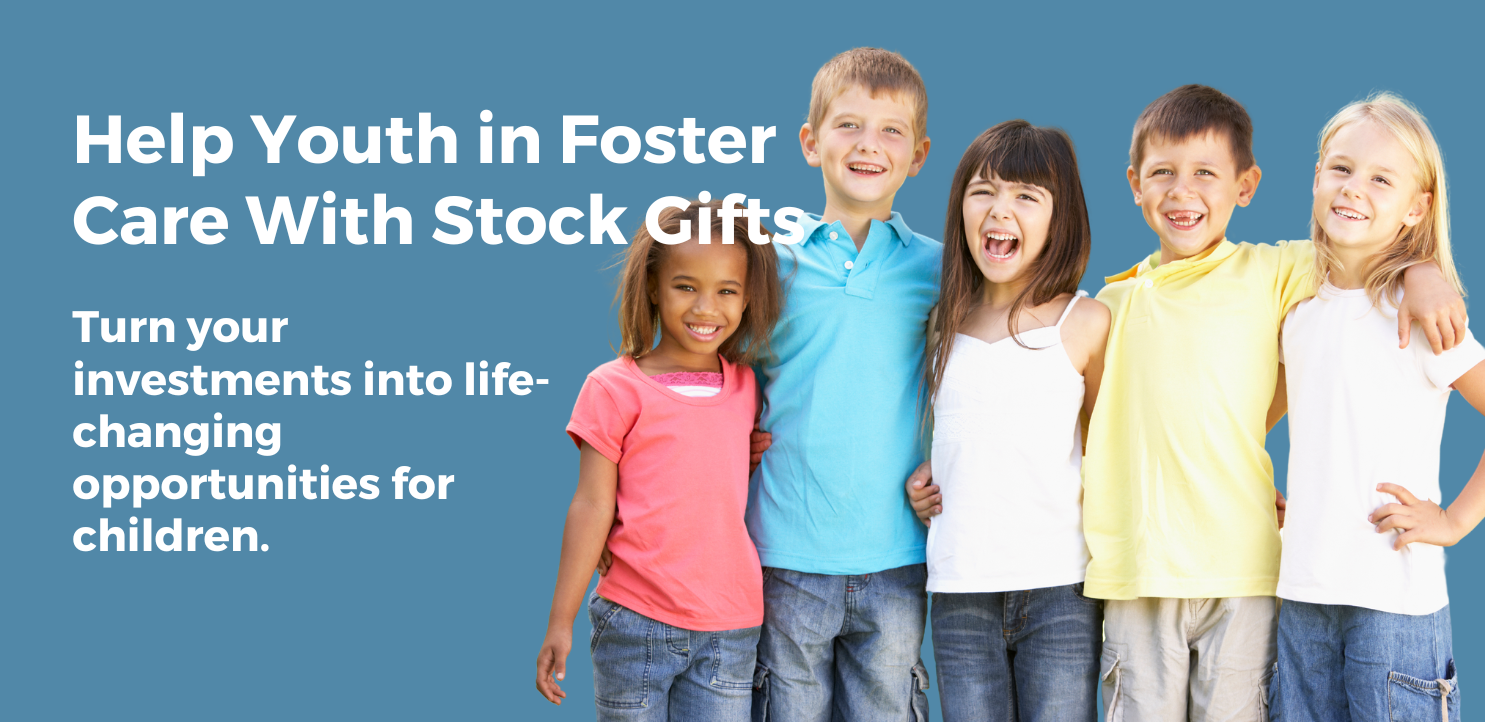
Producing Modification: The Role of Volunteers in Juvenile Justice Programs
Introduction
The juvenile justice system frequently runs under a cloud of misunderstanding and preconception, with lots of failing to recognize the capacity for rehab and positive change. Among the most substantial forces driving this change is the generous devotion of volunteers. These individuals, who generously donate their time and abilities, play an essential function in transforming the lives of youths caught in the web of juvenile justice. In this post, we will explore Creating Change: The Function of Volunteers in Juvenile Justice Programs, taking a look at how volunteering can promote individual growth, psychological healing, and significant change within these vulnerable populations.
Creating Modification: The Function of Volunteers in Juvenile Justice Programs
Volunteers operating in juvenile justice programs function as coaches, teachers, and advocates for youth who are frequently neglected by society. They offer psychological assistance, practical guidance, and motivation for these young people to organize their lives. By engaging with at-risk youth through numerous initiatives-- such as mentoring programs, tutoring sessions, and life abilities workshops-- volunteers assist develop resilience and self-confidence.
Understanding the Juvenile Justice System
What Is the Juvenile Justice System?
The juvenile justice system is developed to deal with offenses dedicated by minors. Unlike adult courts, which focus on punishment, juvenile courts generally emphasize rehab. This approach acknowledges that children are still establishing mentally and psychologically.
Key Components of the Juvenile Justice System
The Value of Volunteer Support
Why Are Volunteers Essential?
Volunteers bring unique skills and viewpoints that boost existing programs within the juvenile justice system. Their contributions can lead to improved results for youth by supplying role models who promote favorable behavior.
Benefits of Offering in Juvenile Justice Initiatives
- Skill Development: Volunteers gain valuable experience that boosts their own expert qualifications.
- Community Impact: Favorable relationships in between volunteers and youths add to stronger communities.
- Increased Awareness: Volunteers can assist raise awareness about problems impacting juvenile offenders.
Types of Volunteer Opportunities Available
Mentoring Programs
One-on-one mentoring arrangements permit volunteers to link meaningfully with youths facing obstacles distinct to their circumstances.
Tutoring Initiatives
Volunteers can provide academic assistance through tutoring sessions that attend to instructional gaps caused by disruptions in education due to imprisonment or other factors.
Life Abilities Workshops
Workshops focusing on important skills such as communication, dispute resolution, and monetary literacy equip youths with tools needed for effective reintegration into society.

Finding Volunteer Opportunities Near You
How Can I Find Volunteer Jobs Near Me?
There are many methods to find volunteer opportunities:
Volunteer Opportunities Pleasant Hill
Residents in Pleasant Hill can access numerous regional charities that concentrate on kids's services. Organizations frequently cater specifically to youth involved in the juvenile justice system.

Impact on Mental Health Through Volunteering
How Does Volunteering Impact Mental Health?
Engaging with others through volunteer work has been revealed to fight sensations of isolation while boosting self-confidence and overall psychological wellness for both volunteers and those they serve.
Key Mental Health Advantages for Youths Associated With Juvenile Justice Programs
- Improved Self-Esteem
- Decreased Anxiety
- Enhanced Resilience
Real Stories: Success Through Volunteer Efforts
Sharing success stories from both volunteers and program participants provides a tangible peek into how volunteer efforts translate into genuine change:
Challenges Faced by Volunteers in Juvenile Justice Programs
Despite their honorable intents, volunteers experience several obstacles:
1. Emotional Strain
Working closely with struggling Toys for Tots youths can be emotionally taxing; hence, it's necessary for volunteers to practice self-care.
2. Resource Limitations
Many programs face funding lacks that restrict their ability to offer comprehensive services; however, volunteers can sometimes action in to bridge these gaps creatively.
FAQs About Volunteering in Juvenile Justice Programs
What credentials do I require to volunteer? Most programs need only interest and commitment; nevertheless, some may ask for background checks or specific training.
Can I select what kind of offering job I want? Definitely! Many companies enable you to choose functions that line up with your interests or expertise.
Is there an age requirement for volunteering? Some programs may have age restrictions; typically, you need to be at least 18 years old or accompanied by an adult if younger.
How much time do I need to commit? Commitment levels vary extensively from one-time occasions to ongoing weekly engagements-- it's essential to discover what works best for you!
Can offering improve my career prospects? Yes! Numerous employers worth community participation extremely; furthermore, you'll get new abilities appropriate across numerous fields.
Are there any virtual volunteer chances available? Definitely! Lots of organizations provide remote alternatives such as online tutoring or mentoring through video calls due to increased need throughout current times.
Conclusion
In conclusion, the crucial function played by volunteers within juvenile justice programs can not be overstated-- their impact ripples throughout communities far beyond specific interactions with at-risk youth. By investing time-- and often heart-- into these initiatives, they not just assist in individual changes but likewise contribute favorably toward more comprehensive societal changes surrounding perceptions of young offenders.
As we progress together towards social development anchored around empathy instead of condemnation-- let's commemorate those unrecognized heroes prepared action up where they're required most!
This article works as a useful guide on how people thinking about making a difference can get included while clarifying an important aspect of our society-- juvenile justice reform led by enthusiastic volunteers dedicated towards developing significant change!